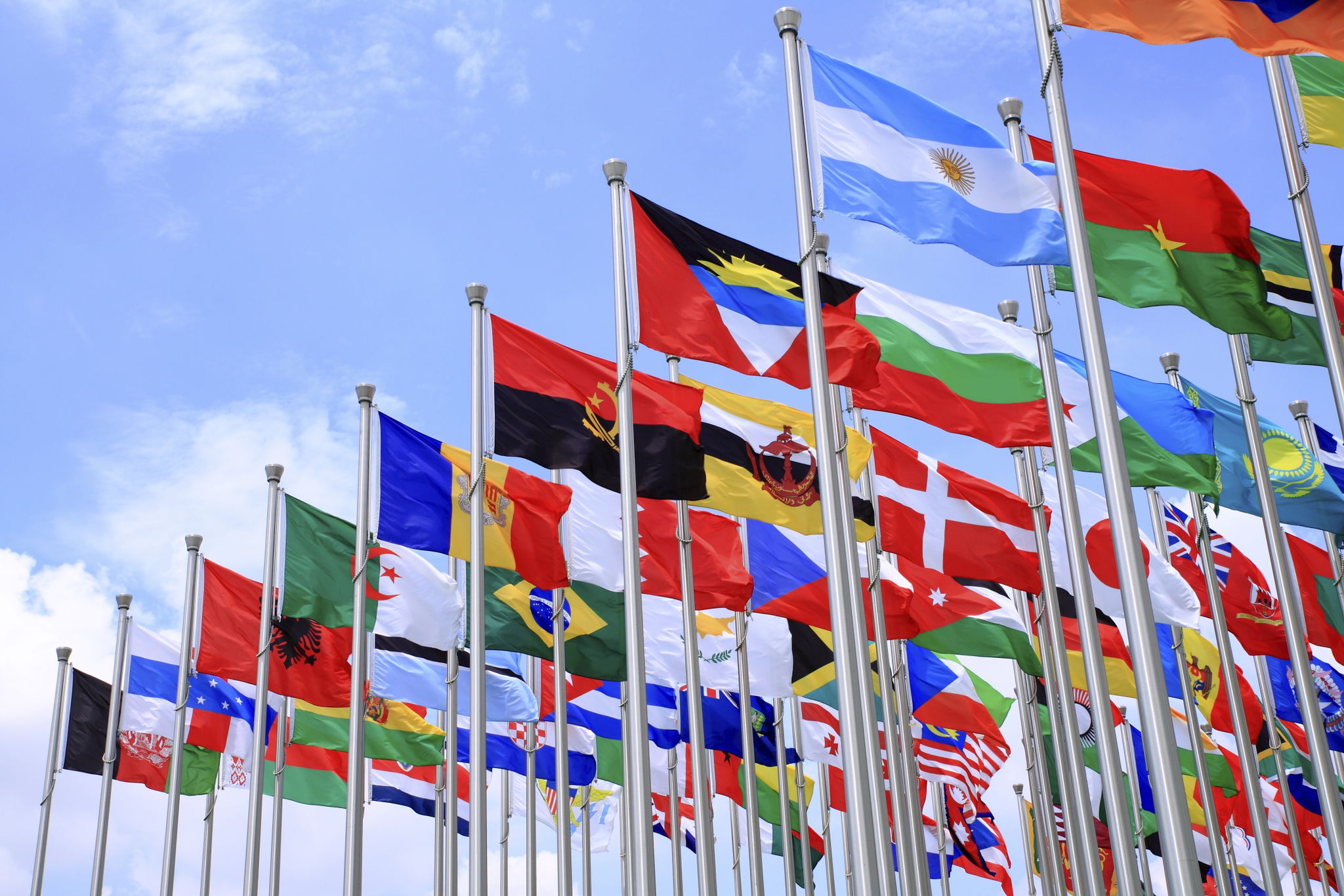Exploring the Unique Filmmaking Culture of Chicano Hollywood in Los Angeles
The Rise of Chicano Hollywood
The vibrant city of Los Angeles, a global center for entertainment, is home to a distinctive and influential filmmaking culture known as Chicano Hollywood. This movement has grown significantly over the years, shining a spotlight on Chicano/a voices and stories in a landscape that was once dominated by mainstream narratives. The term "Chicano" refers to Americans of Mexican descent, and the films emerging from this culture reflect a rich tapestry of identity, history, and social commentary.
Chicano filmmakers have been instrumental in creating a unique space for their community within Hollywood. By focusing on stories that highlight cultural heritage and contemporary challenges, these filmmakers have carved out a niche that is both authentic and resonant. Their commitment to storytelling provides a platform for exploring issues faced by the Chicano community, often bringing to light the complexities of bicultural identity.

Influential Figures and Films
Several key figures have been pivotal in the rise of Chicano Hollywood. Directors like Robert Rodriguez and Gregory Nava have produced films that not only entertain but also challenge stereotypes and encourage broader discussions about identity and representation. Movies such as "El Mariachi" and "Selena" have become cultural touchstones, showcasing the talent and potential of Chicano filmmakers.
Additionally, actors such as Edward James Olmos and Salma Hayek have played significant roles in bringing Chicano stories to the forefront. Their performances often resonate with authenticity, drawing from personal experiences and cultural nuances that enrich their characters. This synergy between directors and actors has been vital in elevating Chicano narratives to mainstream audiences.

Thematic Elements in Chicano Cinema
A central theme in Chicano cinema is the exploration of identity and belonging. These films often depict the struggle to navigate between two cultures, capturing the essence of what it means to be both American and Chicano. This duality can be seen in films like "La Bamba," which tells the story of Ritchie Valens, a Mexican-American rock & roll star whose music crosses cultural boundaries.
Another important aspect is the focus on community and family. Chicano films frequently highlight the importance of familial bonds and communal support, offering viewers a glimpse into the rich cultural traditions that bind the community together. This emphasis on relationships helps build a deeper understanding of Chicano values and experiences.

The Impact on Hollywood
The rise of Chicano Hollywood has had a profound impact on the broader film industry. By challenging conventional storytelling methods and pushing for more inclusive narratives, Chicano filmmakers have opened doors for other underrepresented voices in Hollywood. This shift towards diversity encourages studios to invest in stories that reflect the multitude of experiences within American society.
Moreover, Chicano filmmakers' success has inspired a new generation of artists who are eager to continue this legacy. Film festivals dedicated to Latino cinema, such as the Los Angeles Latino International Film Festival, provide platforms for emerging talents to showcase their work, fostering an environment where diversity thrives.
The Future of Chicano Filmmaking
Looking forward, the future of Chicano filmmaking in Los Angeles appears bright. As more filmmakers embrace digital technology and streaming platforms, there's increased potential for reaching global audiences. This accessibility allows Chicano stories to transcend geographic boundaries, fostering cross-cultural understanding and appreciation.
Furthermore, collaborations between Chicano filmmakers and other marginalized groups can lead to innovative projects that resonate with wider audiences. By sharing resources and experiences, these collaborations can strengthen the call for inclusive storytelling in Hollywood.
In conclusion, Chicano Hollywood continues to be a dynamic force within the film industry, celebrating the richness of Chicano culture while advocating for greater representation. As this movement grows, it promises to redefine what Hollywood can be—a place where all voices have the opportunity to be heard.
